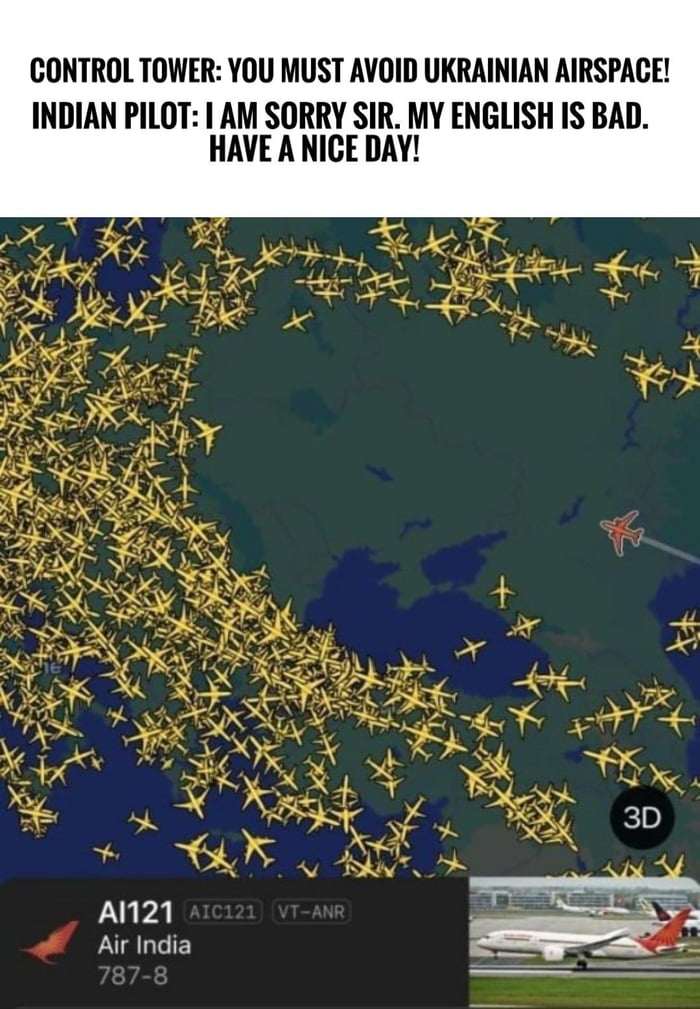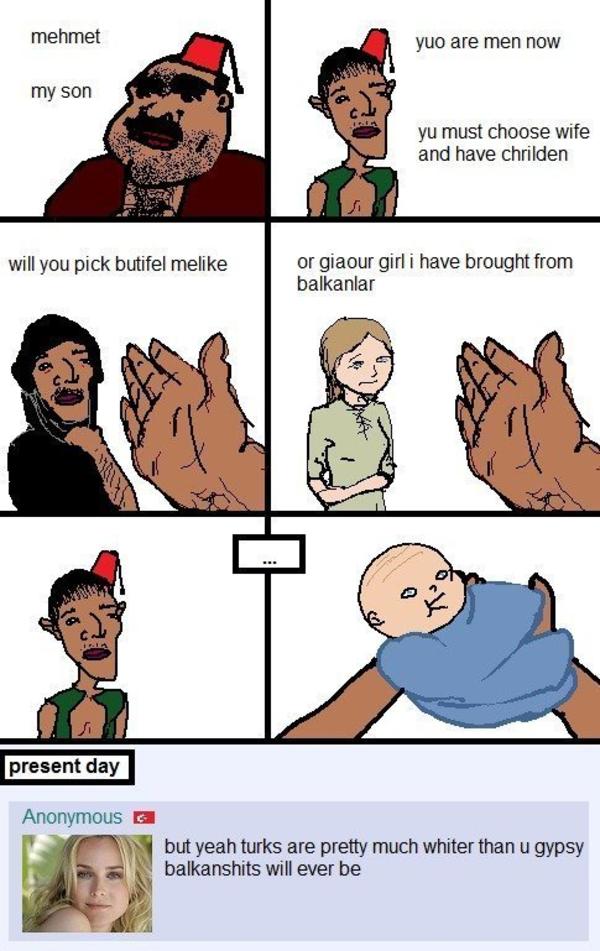What does it mean to be labeled as Pajeet my son? Is it merely a playful jibe or does it carry deeper implications in our modern cultural landscape? The term, which originated from internet forums, has grown into something far more complex. It is not just about humor but often reflects societal attitudes towards certain demographics. This phrase has become emblematic of how stereotypes can evolve through digital spaces.
The origins of Pajeet my son trace back to an internet meme born on 4chan's /int/ board in July 2015. Initially intended as a satirical take on perceived traits associated with South Asian men, particularly those of Indian descent, the moniker quickly spread across various online platforms. Over time, its usage transformed from niche forum slang into mainstream colloquialism, gaining traction especially among younger generations who use it both affectionately and critically. Despite its lighthearted tone for some users, others argue that it perpetuates harmful stereotypes about race, intelligence, and identity.
| Bio Data | Details |
|---|---|
| Name | Pajeet (Fictional Character) |
| Origin | Internet Meme Created on 4chan's /int/ Board |
| Date of Origin | July 2015 |
| Cultural Significance | Stereotypical Representation of South Asian Men |
| Profession | Not Applicable (Meme Construct) |
| Reference Link | Wiktionary Entry |
As the phrase gained popularity, debates emerged regarding its appropriateness and impact. Critics point out that labeling someone as Pajeet my son reduces individuals to caricatures based on outdated prejudices. Proponents, however, view it as harmless banter within specific communities where context matters significantly. Regardless of perspective, one cannot deny the influence such terminology exerts over public perception and discourse.
In recent years, discussions around Pajeet my son have expanded beyond casual conversations into academic studies exploring digital culture and identity formation. Scholars analyze how memes like these contribute to shaping collective consciousness while reinforcing existing biases. For instance, research indicates that repeated exposure to similar narratives may solidify negative associations even if participants do not consciously agree with them.
Moreover, social media platforms play a crucial role in amplifying these trends. Platforms like Twitter, Reddit, and Instagram host countless threads dedicated to dissecting every aspect of the phenomenon—from linguistic nuances to psychological effects. User-generated content further complicates matters by blending satire with earnest commentary, making it challenging to discern intent behind each instance.
Interestingly, reactions to Pajeet my son vary widely depending on geographic location and personal background. In Western countries, many see it as part of broader millennial vernacular devoid of malice. Conversely, in regions closer to the source material, there tends to be greater sensitivity due to historical contexts involving colonization and immigration patterns. These differing viewpoints underscore the complexity inherent in globalized communication networks today.
Despite ongoing controversies surrounding its usage, Pajeet my son remains entrenched in contemporary lexicon. Its longevity speaks volumes about the power of internet culture to shape language evolution rapidly. As new iterations emerge regularly, so too does the need for critical examination of their implications. Understanding why certain phrases resonate so strongly requires delving deeper into underlying socio-political dynamics at play.
Ultimately, whether viewed positively or negatively, Pajeet my son serves as a reminder of the dual-edged nature of humor in multicultural settings. While it offers opportunities for connection and shared laughter, it also risks alienating marginalized groups already burdened by misrepresentation. Moving forward, fostering inclusive dialogues becomes essential to ensure that emerging expressions enrich rather than detract from diverse human experiences.
Examining instances where Pajeet my son appears in popular culture reveals additional layers of meaning attached to the phrase. Music videos, television shows, and advertisements occasionally incorporate elements inspired by the meme, signaling its widespread recognition. Such integrations highlight how seamlessly internet phenomena transition into traditional entertainment mediums, blurring boundaries between highbrow artistry and lowbrow amusement.
Furthermore, analyzing feedback loops created when audiences interact with these portrayals provides valuable insights into audience expectations and preferences. Content creators must tread carefully lest they reinforce regressive tropes under guise of innovation. Balancing authenticity with respect demands constant vigilance against unintentional harm caused by careless choices.
Finally, acknowledging the evolving significance of Pajeet my son necessitates revisiting fundamental questions concerning representation and accountability in media production. How can we celebrate diversity without reducing identities to simplistic archetypes? What responsibilities accompany wielding creative license in today’s interconnected world? Answering these queries thoughtfully ensures that future developments reflect progress instead of regression.
From humble beginnings on obscure web forums to commanding attention worldwide, Pajeet my son exemplifies the transformative potential of digital communication. Though opinions differ widely regarding its merits and drawbacks, few dispute its profound effect on shaping modern interactions. As technology continues advancing exponentially, anticipating challenges posed by emerging forms of expression will prove vital in navigating uncharted territories ahead.
In conclusion, examining the trajectory of Pajeet my son offers invaluable lessons about adaptability, empathy, and resilience in face of rapid change. Recognizing both strengths and limitations embedded within such constructs empowers us collectively to harness their positive aspects responsibly. Through continued dialogue and collaboration, we can build bridges connecting disparate perspectives toward common goals benefiting all humanity equally.



